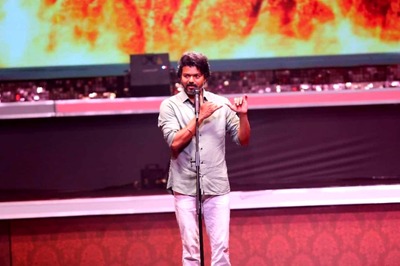
views
PUDUCHERRY: Ever since the victory of the government in the military campaign against the LTTE in May 2009, the Mahinda Rajapaksa regime in Sri Lanka is continuing the same clientelistic politics, bringing benefits to the majority ethnic group and only marginal relief to those in minority ethnic groups severely affected by the war, who are seriously disadvantaged by the policies of the ruling regime, said Prof Kalinga Tudor Silva, of the Sri Lankan University. In his paper presented at the International conference on “Sri Lanka after LTTE: Implications for India” Prof Silva, faculty of arts, University of Peradeniya, Sri Lanka, said caste and class tensions seem to have already largely dissipated and diverted, at least in part, through the operation of clientelistic politics, but its failure has been in relation to addressing Tamil grievances in the north and east.The clientelistic networks extending to those outside the ruling clique via selected minority politicians do provide some relief to those who are close to such politicians, including some former LTTE activists, but it tends to fuel minority grievances rather than addressing the root causes of these grievances satisfactorily, he said in his paper.“Sri Lankan ruling elites, increasingly dominated by the Sinhalese, have evolved a pattern of clientelistic politics in the post-independence era. The foundation of these clientelist politics was those who are in power use it to create and sustain followers across caste, class and ethic divides.”“The clientelistic politics serve to suppress mass political mobilisation of people along class, caste or ethnic lines and create political machines that serve the ruling elites and keep the limited numbers, who are within the patronage networks happy. All this while making a large numbers of people discontented and unconnected to the state. PU to admit Sri Lankan Tamil students: V-C Pondicherry University will admit Sri Lankan Tamil students for courses in its various departments if approached, vice-chancellor J A K Tareen announced here on Thursday. In his presidential address at the international conference on “Sri Lanka after LTTE: Implications for India,” organised by the School of Social Sciences and International Studies of the University, he said seats in other courses would be made available if Tamil-origin students from Sri Lanka approached the university.




















Comments
0 comment